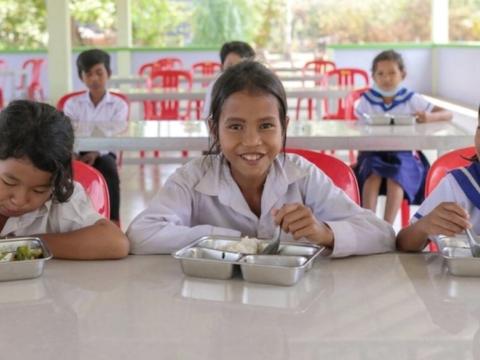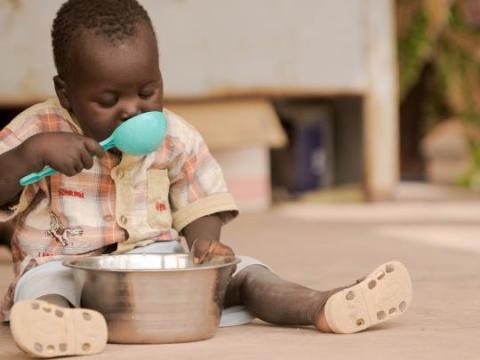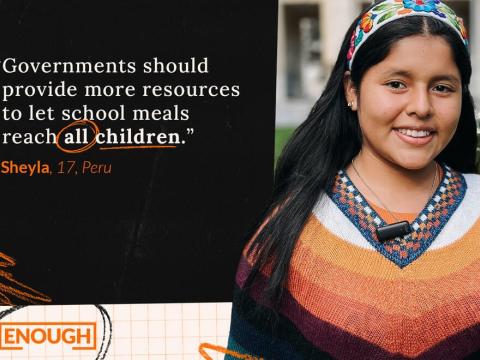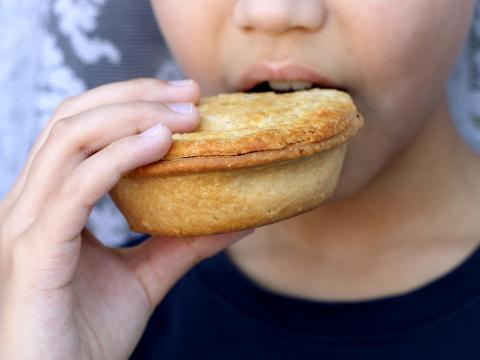
The UK’s children are malnourished... so let them eat pies?
Lisa O’Shea asks why news headlines are about stolen Michelin-star pies, when millions of malnourished children can't get access to regular, healthy, nutritious food.
The theft of 2,500 pies made the headlines this week. It was perhaps the oddness of the crime, and the fact the pies were on the way to a festive Christmas market that made the theft newsworthy. In the report, as the Michelin-star and pie making chef Tommy Banks lamented the loss of his van and produce he said, "I just think that’s 2,500 people we could feed and there’s a lot of people who could do with a hot meal right now. If we can find them, they can have them."
A lovely sentiment, and yet, while the pie theft made headlines, the scandal of Britain’s food crisis didn’t. Around 15% of UK households experienced food insecurity in January 2024, according to the Food Foundation. That's the same as eight million adults and three million children going hungry or skipping meals because they cannot regularly afford to buy groceries. UK charity The Trussell Trust reported handing out 3.1 million emergency food parcels from the 1,300 food banks between March 2023 and 2024. More than a million went to children.
Access to proper nutrition is so bad that data is now showing that the average height of children aged 5 has been steadily declining, and Victorian diseases like rickets are on the rise. UNICEF have labelled areas of Britain where high streets are filled with cheap fast-food outlets as “food swamps” with limited access to nutritious food for children.
The chef meant well when he spoke about giving the stolen pies, if recovered, to people in food and nutrition poverty. But, when the world has sufficient nutritious food for everyone, is this the best we can do, especially for our children? Hot pies?
A world-wide problem
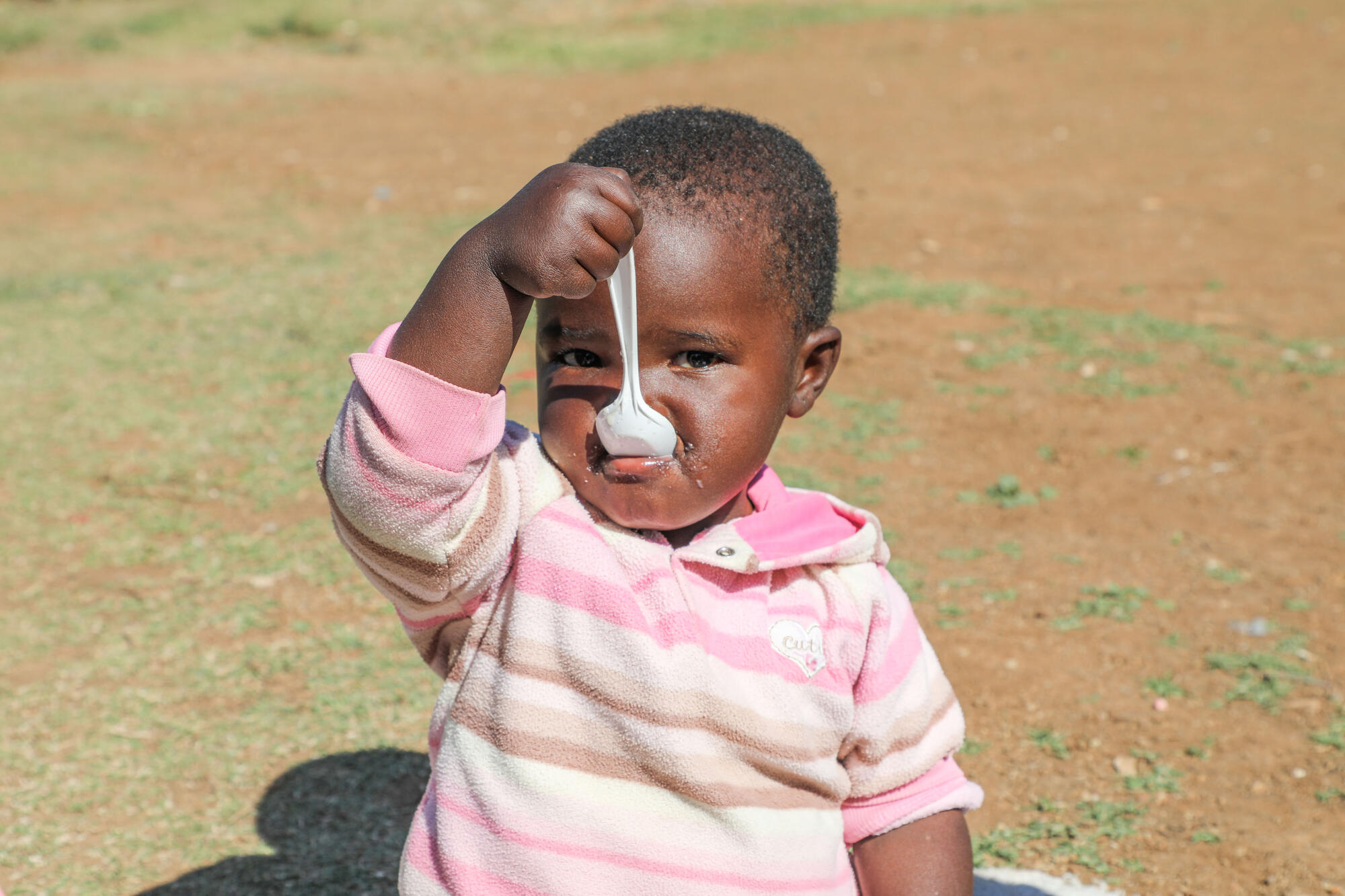
Sadly, quality and quantity of food is not just an issue faced in the UK, but in every country around the world. Malnutrition is a ubiquitous problem leaving millions of children dangerously undernourished by consuming too few nutrients or too many fatty sugary foods; it is a global pandemic. Children’s futures and potential are being stolen because they are denied the right food to grow and flourish.
Poverty and soaring household costs mean that having enough of the healthy, nutritious foods is beyond the reach of too many families. This crisis of childhood that threatens current and future generations is why ending child hunger and malnutrition is at the heart of World Vision’s ENOUGH global campaign.
Children speak up
Children and their caregivers around the world have been recently telling World Vision and our partners the 4SD Foundation—via more than 150 nutrition dialogues— that malnutrition is impacting every part of their lives. Hungry and malnourished children are struggling to learn in school or even to attend. Some children are turning to child labour to earn enough to buy food. Some even exchange sex for food just to survive.
Despite a world of plenty, children and the most vulnerable in our societies are not still getting enough of the right kinds of foods often enough. Mothers, smallholder farmers, children, faith leaders and nurses are just some of the groups participating in these nutrition dialogues. Their perspectives and their lived experiences reflect the diverse challenges in addressing the multi-sectoral challenge that is nutrition. Solving this crisis is complex, but it’s not impossible.
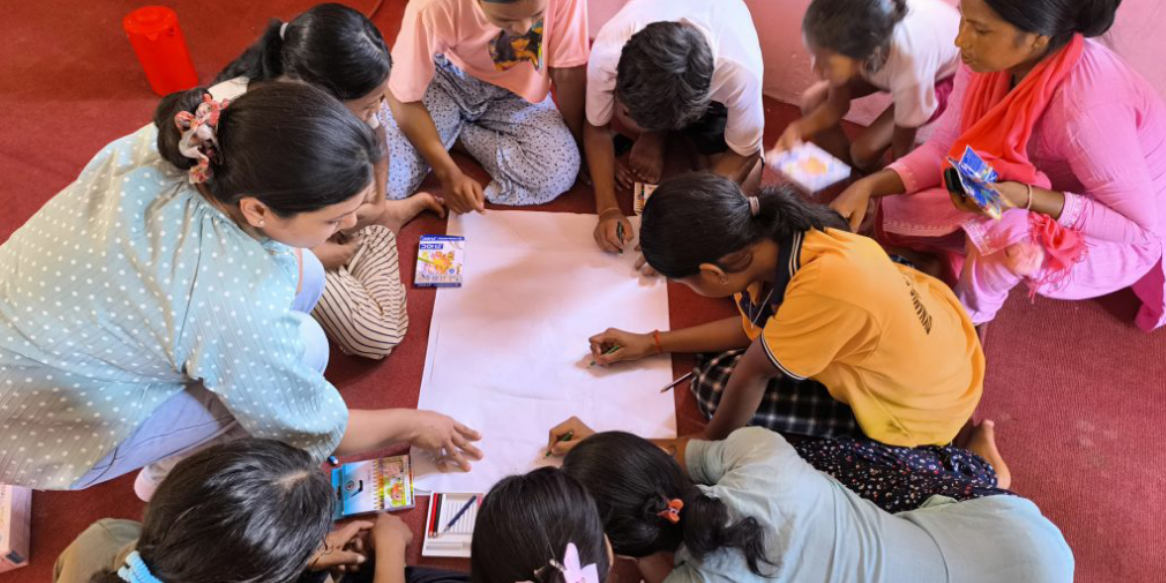
Some easy fixes
Emerging from these dialogues are not only problems but also solutions. In a workshop held in the Central African Republic, one child, Arielle, urged parents and stakeholders to become champions who call for all schools to run feeding programmes; these are essential in the fight against malnutrition. In Nigeria, a child called for all schools to provide school gardens, so children learned how to grow nutritious food, and learn what foods improved their health.
The dialogues are proving to be a highly effective means to elicit ways of solving the puzzle of malnutrition and collating the voices of those affected by malnutrition—both children and adults.
Reaching the decision-makers
World Vision, 4SD and other mobilising partners including SUN CSN, GAIN, SDG2 Advocacy Hub, and more, are compiling the information from these dialogues and will be helping to deliver them to government leaders, donors, policymakers and more who will be attending the Nutrition 4 Growth Summit in Paris, France in late March 2025. It is imperative that they hear from those affected by malnutrition – especially children – and bring those solutions into commitment-making.
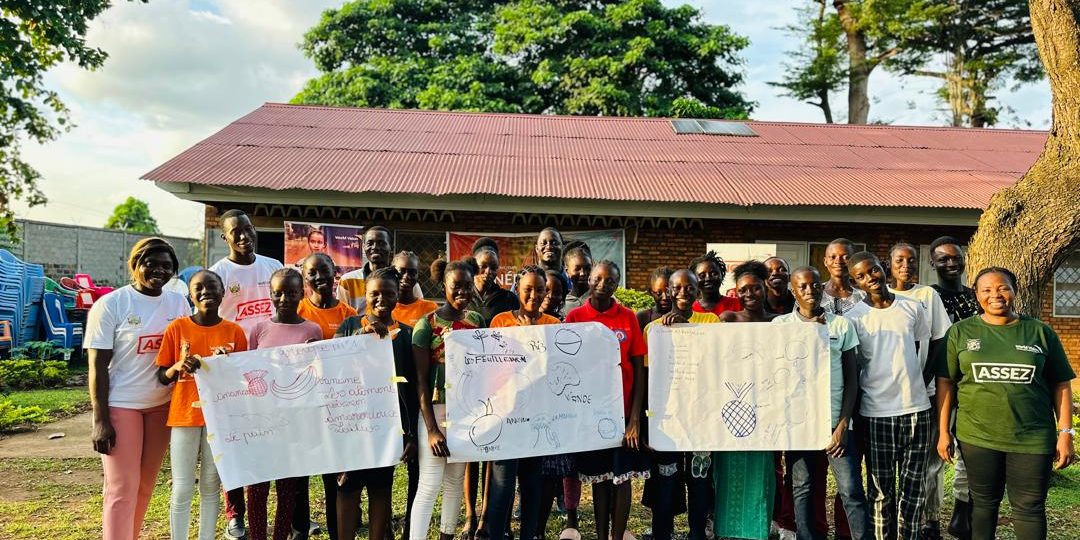
Credit: Alexandre Amadou M. Gassama, World Vision
After the Paris Summit, accountability for those pledges will need to take place at national and household level. Will children in the UK, and elsewhere, be getting ENOUGH of the right foods several years on from the Summits. Our hope is that future nutrition dialogues in communities around the world will play an important role in assessing how those promises are delivering change.
For too long, children’s futures have been stolen by insufficient healthy, nutritious food – it’s about time they had a bigger slice of the pie.
To learn more about the Nutrition Dialogues visit here
To learn more about World Vision’s ENOUGH campaign visit here
Lisa O’Shea is World Vision International’s Senior Director of Social Mobilisation, Advocacy & External Engagement lisa_oshea@wvi.org Her responsibilities include children’s participation, social mobilisation and Amplifying Children’s Voices Digitally to name a few. Lisa is passionate about supporting children’s and citizens’ ability to influence the decisions that affect their lives.
Lisa has worked across a number of policy, advocacy and communications roles and on campaigns spanning health, HIV/AIDS, climate change, trade and in the European Parliament. She is an Oxford graduate with a MSc (Distinction) in Public Policy & Management from the University of London. Originally from Ireland, Lisa joined WVI in 2010 working in South Africa, Kenya, Lebanon and is now based in the UK.
